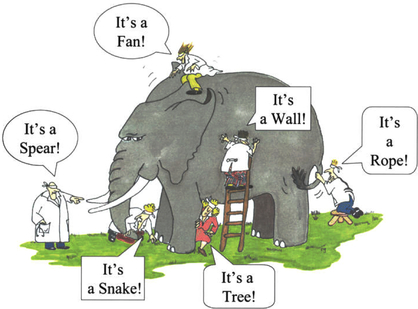I find I'm even far less inclined to let each have his own in these matters than the average member. Something like, you have a right to your opinion but no one has the right to his own facts. It may sound like live and let live, but it isn't. It is really saying your beliefs don't affect facts.
Although not all, there's a lot of cheating in subjectivists/audiophile circles. This alone should give some advantage to objective approach. Objective approach should enjoy all the credibility and reliability as it does in all other situations. Imagine a prosecutor saying; I don't know if its true, but I feel like he is the murderer.
Sure, it's a lucky circumstance that audio is far less serious than murder, but the difference between what can be proven and what feels true should still be obvious.
Even when a subjectivist buys a piece of gear he is satisified with, you can still ask a question how big of a portion of money was wasted bc he didn't do a proper research and informed himself and probably could've get the same result with a better deal.
So I wouldn't even say a subjectivist is subjectively right. I think even his own choices are simply a result of what he got a chance to hear and might've been completely different if only he went to another shop. While, if you follow what comes out in the market and how it measures and you run that by your wallet, your choice would only change with a truly better performing piece of gear or more money. I think that is huge argument on the side of being informed.
A subjectivist would have to work hard to explain to me what he thinks I'm missing on by not just going to a show or a shop, listening to some equipment and buying it?


